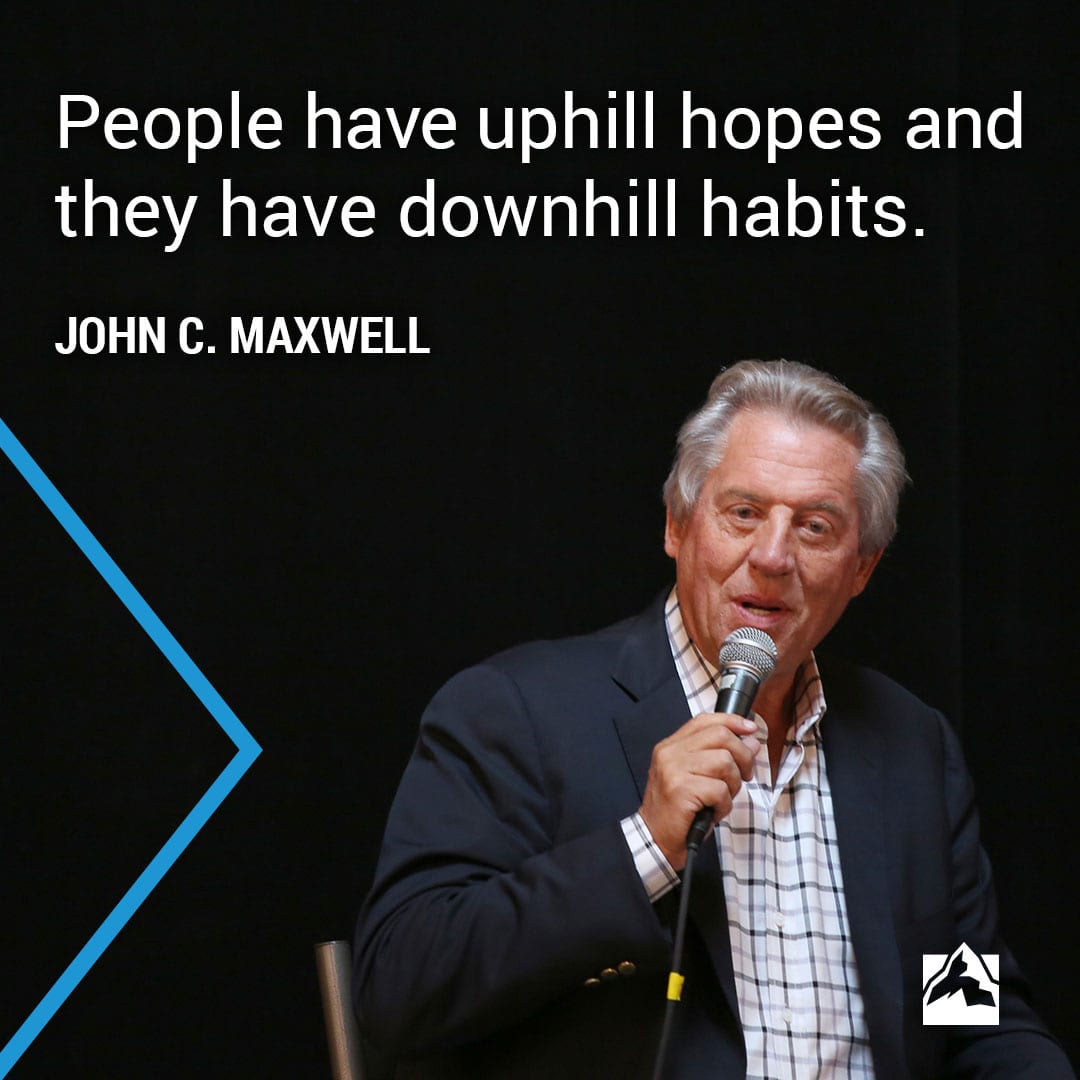
People have uphill hopes and they have downhill habits.

People have uphill hopes and they have downhill habits.

I recently came across a new book with a title that really caught my attention. Love Your Life, Not Theirs, written by a woman named Rachel Cruze. It addresses the idea that one of the primary reasons people take on so much debt in their lives is their tendency to compare themselves to others and strive to be something they’re not.
That made a lot of sense to me, not only in the world of personal finance, but in life in general. It seems to me that the root of so much misery in the world stems from the desire to have what others have, and to be what others are, instead of appreciating the unique blessings we have been given.
And then it occurred to me that the same principle applies to corporate strategy and leadership as well. Here’s an example.
I once worked for two rival software companies over the course of five years. The first had a reputation for cramming products down its customers’ throats, pushing employees to do things that were marginally unethical, and promoting itself beyond its true merits. The second company respected its clients, created an environment of employee integrity, and marketed itself in more truthful, even modest ways. I eventually left the first company to join the second because I respected the second company and found that it was a better fit for my values.
Plenty of customers felt the same way I did, preferring to do business with an honest and humble vendor, and as a result, that company grew rapidly to more than a billion dollars in annual revenue. And then something crazy happened. For some reason, the leaders of that second company started emulating their larger rival.
The hiring standards of the company changed to attract more aggressive employees. The internal practices of the company became more rigid and financially driven. The marketing of the company and its products became more exaggerated and outlandish.
You can probably guess the end of the story. As customers came to see little difference between the two companies, the second one lost its differentiation and hit a wall. It became just another vendor and couldn’t compete with its larger rival on price, scale or marketing expenditures. That company never really recovered. Some might say that the problem was product quality or strategic ineptitude, but I’m convinced those were merely a function of the company losing its soul.
It’s worth asking the question, ‘what were the leaders of that smaller company thinking?’ Why weren’t they happy being who they were? Did they really think they would be happier and more successful by emulating their larger competitor?
Some might say they needed to abandon their culture in order to survive. I don’t think so. As an insider, I can say that it seemed a lot more like those leaders simply got caught up in the drive for more. More notoriety. More attention. More approval from investors. Ironically, they ended up with less.
The moral here is extremely simple, and yet so easy to forget. Whether you’re a consumer tempted to keep up with the Joneses, a teenager hoping to fit in and be cool, or a CEO wanting to outdo a competitor, it’s always critical to understand the positive qualities that make you unique, and embrace them.
Most healthy companies, and people, are grateful to be who they are.
Their customers and friends are, too.
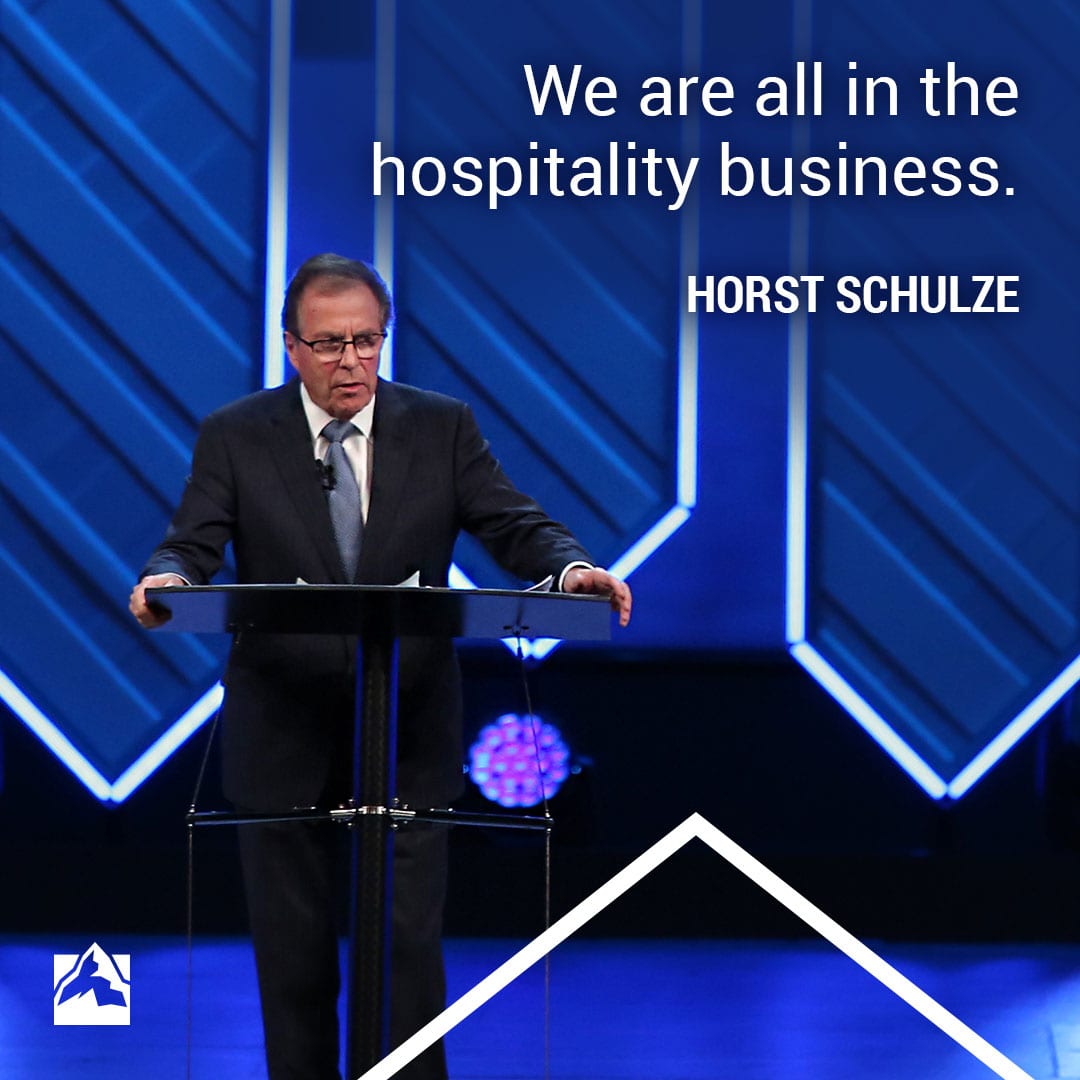
We are all in the hospitality business.
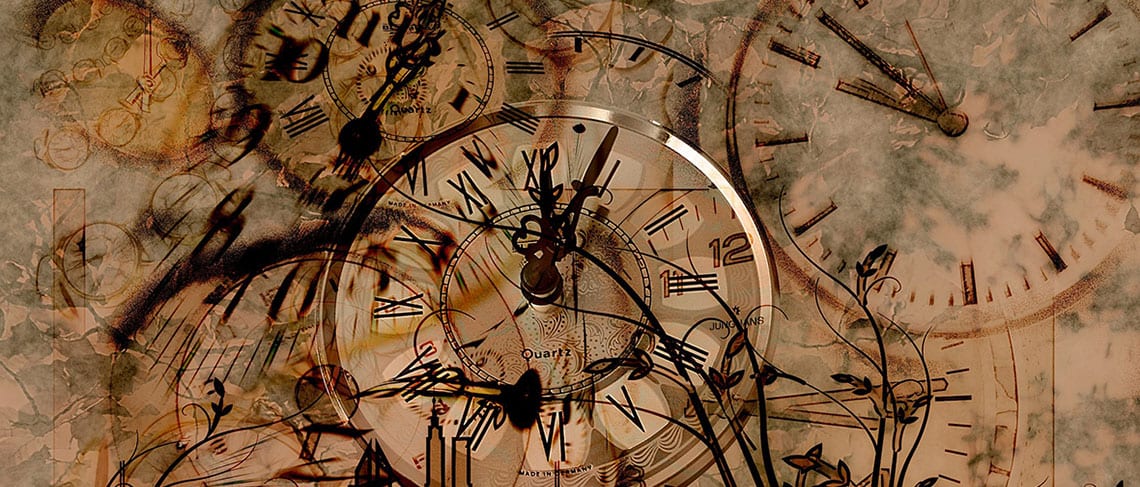
What did you do to welcome the New Year? Throw a party? Toast at midnight? Spend time reflecting on the past year and creating a plan for making the most of the new one?
Researchers have discovered that transitional times (like the new year, or the beginning of a season) naturally motivate us as human beings to make changes and try new things. That’s probably why we make New Year’s Resolutions, vow to lose weight, and go back to the gym, only to find it full. It’s a natural time to “turn over a new leaf.”
For many years, I’ve used this time of year to look back on the previous 12 months and evaluate my experiences – as a leader, husband, father, grandfather, friend and business owner. I’ve often said that experience alone isn’t a good teacher. But evaluated experience is.
First, I pull out my calendar and make a list of significant events, tasks, meetings, decisions and accomplishments. I spend time reflecting, in order to remember and write down every experience that stood out in the past year. I write down both positive and negative experiences, because I know I learn more from losing than from winning.
What did I do that I shouldn’t have done?
What did I spend a lot of time on? Was it a priority? Was it in my strength zone? Was it something only I could do, or should I have delegated it? What will I do differently this year?
What didn’t I do that I should have done?
What’s missing from the calendar? What did I neglect that I should have been a priority? What action didn’t I take, that really should have been done? What will I do differently this year?
What is the most important thing I did this year to help someone else?
Can I do it again next year (for them or another person)? Did I do it as effectively as possible? How could I do it better in the future?
What did I do this year that helped me grow more than anything else?
Is it repeatable? Do I want to make it a regular habit? How can I break it down into manageable “chunks” to make it happen again this year? What else can I do to grow?
Where do I need to be more intentional?
Where did I let things happen to me, instead of making them happen? What bad habits do I need to break? In what areas do I need to focus more attention, make important decisions, and take steps in a positive direction?
How can I take things to the next level?
How can I take a good experience and make it somehow better? How can I grow more this year? How can I make something that was satisfying even more satisfying? How can I top last year’s accomplishments? How can I exceed my own expectations, as well as the expectations of others? Don’t settle for good when great is a possibility.
By listing and asking myself questions about my experiences, I’m able to truly learn from them. Then I can apply the lessons learned to the coming year. This allows me to be as intentional as possible in how I grow personally and add value to others.
Making resolutions or goals that are disconnected from your current habits and recent experiences often doesn’t work. You must connect what you desire to do and change to evaluation of your experience, or you will end up like many others who make resolutions on New Year’s Day and break them by the end of January.
If you haven’t already looked back at last year, take the time to study your wins and losses, then ask yourself the questions above. You too can use the coming of the New Year to make important changes and grow to be more effective in every area of your life.
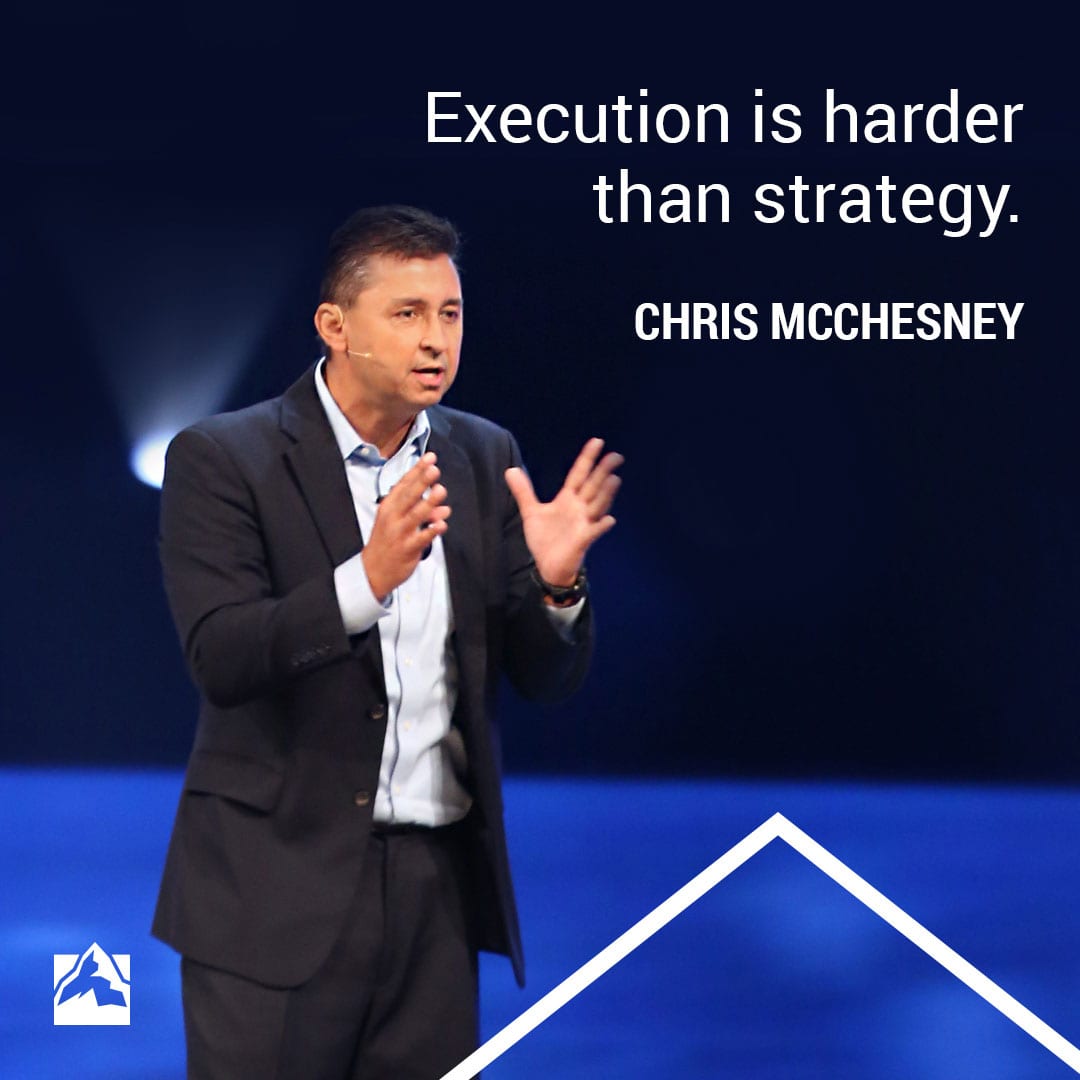
Execution is harder than strategy.
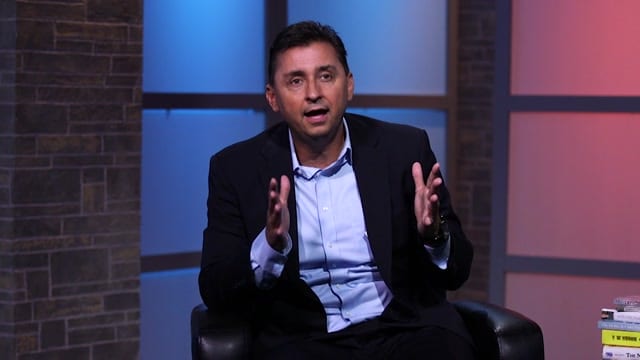
Execution expert, Chris McChesney, says that every organization should only have one or two Wildly Important Goals. Chris explains what WIGs are and why they are important.
“We welcome and encourage comments on this site. There may be some instances where comments will need to be edited or removed, such as:
If you have any questions on the commenting policy, please let us know at heretoserve@globalleadership.org”
Recent Comments